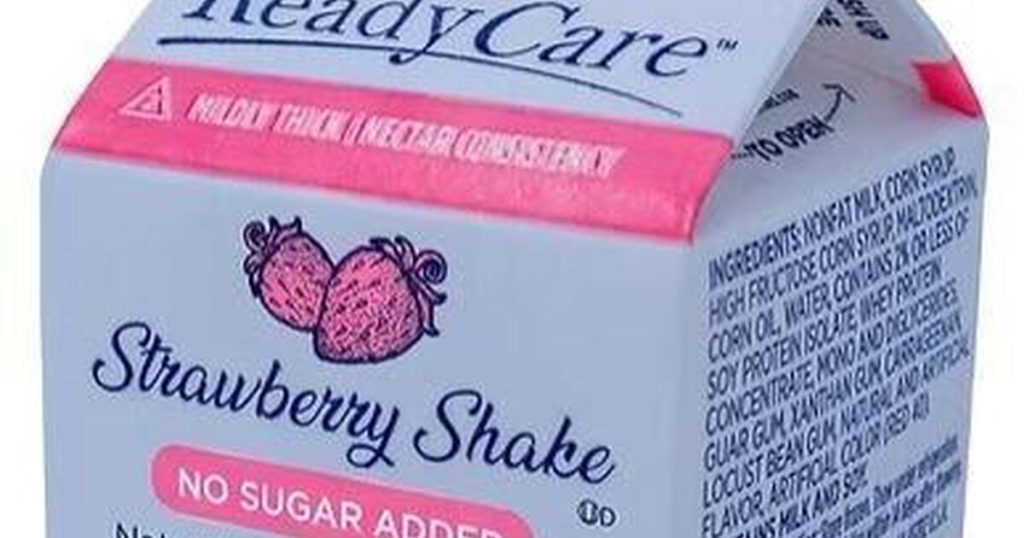Deadly Listeria Outbreak Linked to Frozen Nutrition Shakes: What You Need to Know
1. Introduction to the Outbreak
A severe Listeria outbreak has been traced to frozen supplemental nutrition shakes, resulting in 38 infections and 12 deaths across 21 states. This outbreak underscores the importance of food safety, particularly for vulnerable populations. The affected products were supplied by Prairie Farms Dairy and distributed by Lyons Magnus, mainly to nursing homes, highlighting the need for vigilance in healthcare settings.
2. Source and Scope of the Outbreak
The source of the outbreak was identified at Prairie Farms Dairy’s facility in Fort Wayne, Indiana, where Listeria was detected. The affected states include a wide geographic range, from Alabama to West Virginia, indicating the extensive distribution of the contaminated products. This outbreak surpasses the severity of previous incidents, such as the 2024 deli meat outbreak, emphasizing its critical nature.
3. Health Impact and Vulnerable Populations
The outbreak has predominantly affected residents of long-term care facilities and hospitalized individuals, with illnesses reported as far back as 2018. The infection poses severe risks, including miscarriages and stillbirths in pregnant women, and can be fatal for the elderly and those with weakened immune systems. Understanding these risks is crucial for protecting vulnerable groups.
4. Recalled Products and Consumer Instructions
Lyons Magnus recalled four-ounce nutrition shakes with best-by-dates from February 2025 to February 2026. Consumers are advised to quarantine the products and contact the company for further instructions. Clarifying the roles of Prairie Farms Dairy as the supplier and Lyons Magnus as the distributor helps avoid confusion and ensures consumers know where to seek assistance.
5. Understanding Listeria Risks
Listeria monocytogenes can cause severe infections, with symptoms ranging from mild flu-like illness in healthy individuals to life-threatening conditions in vulnerable populations. The bacteria’s impact on pregnant women and immunocompromised individuals underscores the need for awareness and preventive measures.
6. Preventing Foodborne Illnesses
Preventing foodborne illnesses requires practical steps such as safe food handling, proper refrigeration, and avoiding high-risk foods for vulnerable groups.Consumers should regularly check product recalls and adhere to safety guidelines to protect themselves and others. This outbreak serves as a reminder of the importance of food safety vigilance, especially in care facilities.
In conclusion, this outbreak highlights critical food safety issues and the need for awareness and action. By understanding the risks and taking preventive steps, consumers can protect themselves and their loved ones from such threats. Stay informed, check product recalls, and follow safety guidelines to ensure a safer food environment.















